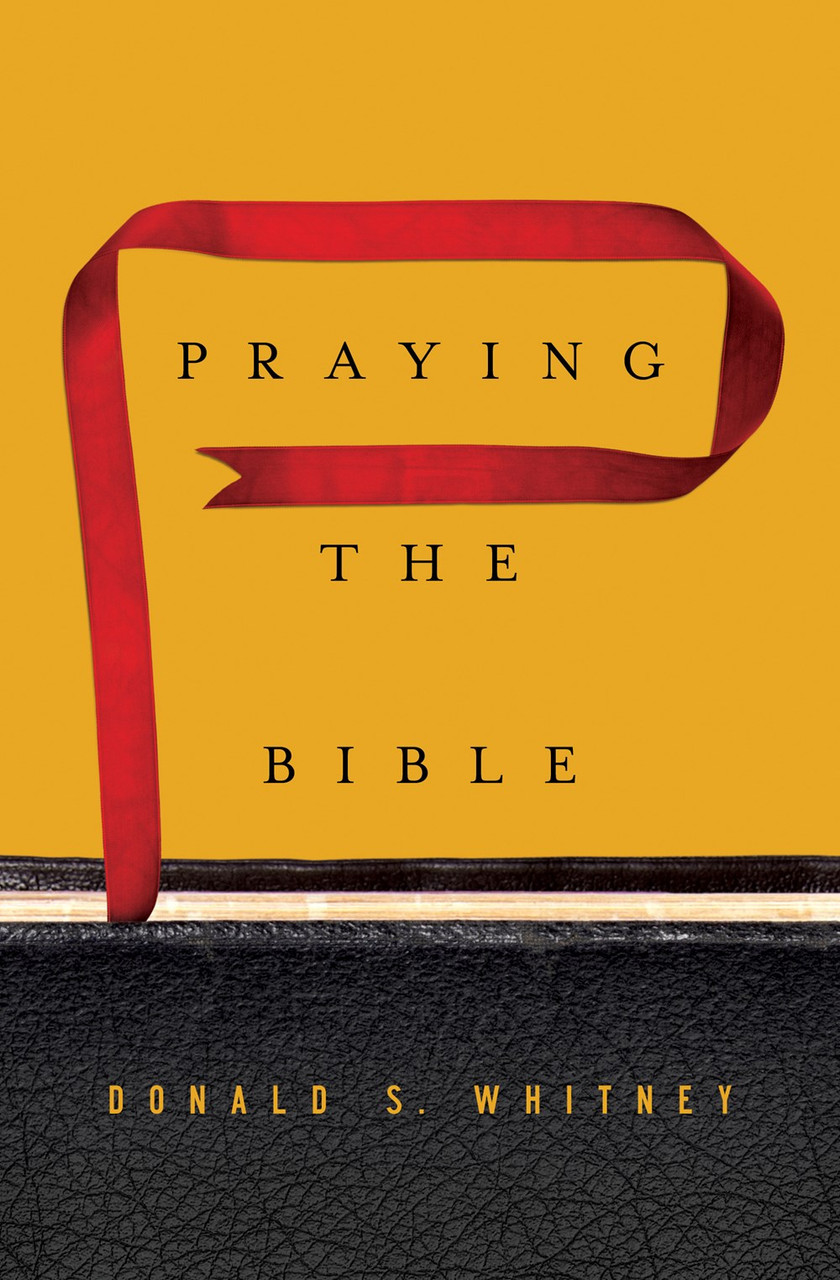
Oh, wondrous grace of God, that he owns his son when that son is still an Egyptian slave. Moreover, God owned his people when they did not own him, for his name “Jehovah” was scarcely known to them. Although Moses presented himself to them with evident credentials, they were ready enough to reject him. They had gone aside unto false gods, we are informed in other parts of the Scripture. During their sojourn in Egypt the Israelites fell into the prevailing superstition of the country, and they forsook the Lord. Some little light still lingered among them. Some traditions were treasured and transmitted from sire to son in solemn trust. Doubtless there was a remnant of pious souls, faithful to the God of Abraham. The bones of Joseph, preserved in Goshen as a memorial of the oath that he took of their tribes, subsequently carried through all their devious wanderings in the wilderness, and ultimately buried in Shechem, as you read in the last chapter of the book of Joshua, vouch for a fidelity we cannot wantonly forget.
But the bulk of the people had fallen into the snares which surrounded them, and conformed to the fashions of those among whom their fortunes were cast, whose gods many and lords many were superstitiously served in secret. They were not a people who could have scraped together so much as a molehill of merit, if they had tried. They were a vain and vicious people, prone to supplant, yet utterly supplanted; specially sinful, because their marked proclivities which might have developed on the side of virtue were perverted into stains and stigmas on their reputation.
Yet Jehovah says, “Israel is my son, even my firstborn.”
From the sermon "The Great Emancipator"
How does God's Word impact our prayers?

God invites His children to talk with Him, yet our prayers often become repetitive and stale. How do we have a real conversation with God? How do we come to know Him so that we may pray for His will as our own?
In the Bible, God speaks to us as His children and gives us words for prayer—to praise Him, confess our sins, and request His help in our lives.
We’re giving away a free eBook copy of Praying the Bible, where Donald S. Whitney offers practical insight to help Christians talk to God with the words of Scripture.

